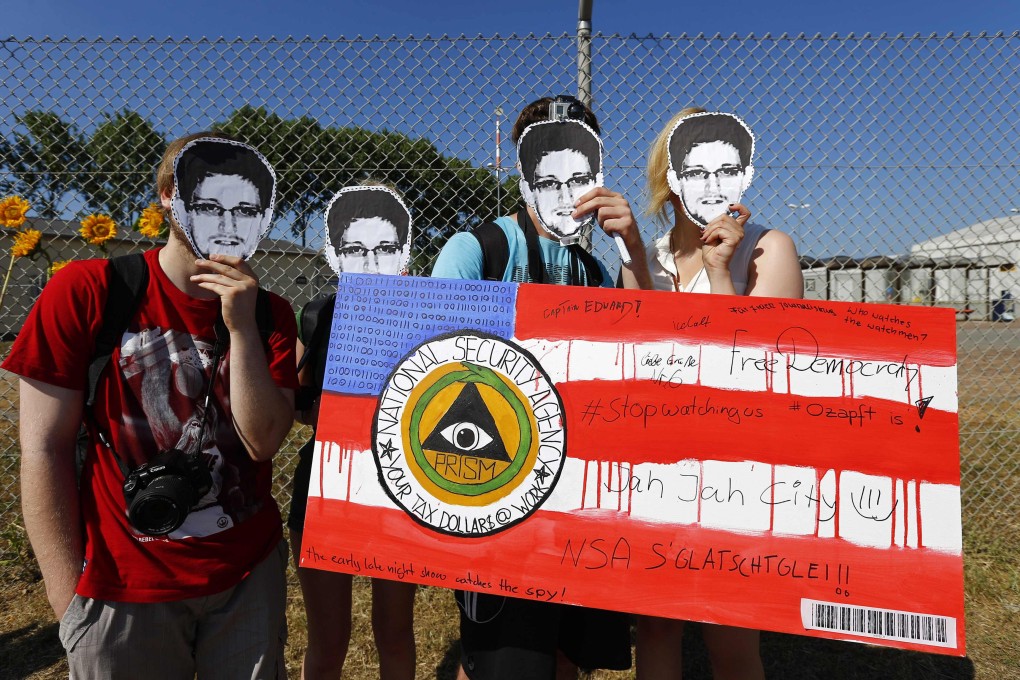
In Louisiana, the wife of a former soldier is scaling back on Facebook posts and considering unfriending old acquaintances, worried an innocuous joke or long-lost associate might one day land her in a government probe. In California, a college student encrypts chats and emails, saying he’s not planning anything sinister but shouldn’t have to sweat snoopers. And in Canada, a lawyer is rethinking the data products he uses to ensure his clients’ privacy.
As the attorney, Chris Bushong, put it: “Who wants to feel like they’re being watched?”
News of the US government’s secret surveillance programs that targeted phone records but also information transmitted on the Internet has done more than spark a debate about privacy. Some are reviewing and changing their online habits as they reconsider some basic questions about today’s interconnected world. Among them: How much should I share and how should I share it?
Some say they want to take preventative measures in case such programs are expanded. Others are looking to send a message — not just to the US government but to the Internet companies that collect so much personal information.
“We all think that nobody’s interested in us, we’re all simple folk,” said Doan Moran of Alexandria, Louisiana. “But you start looking at the numbers and the phone records ... it makes you really hesitate.”
Last month former government contractor Edward Snowden leaked documents revealing that the National Security Agency, as part of its anti-terrorism efforts, had collected the phone records of millions of Americans. A second NSA program called PRISM forces major Internet firms to turn over the detailed contents of communications such as emails, video chats, pictures and more.